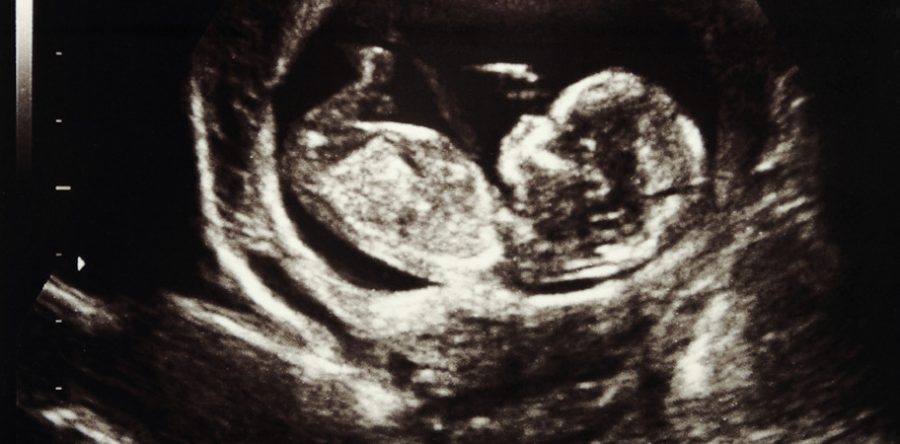According to the Tennessee Department of Health, from 2011 to 2014 the number of abortions declined by almost 37% in Shelby County, the state’s largest county as well as the county in which Memphis resides.
In that period, the abortion rate also dropped from 326.4 per 1,000 live births to 208.2.
The drop is sharper than the overall state decline in abortions of 20.3% in the same period, and dramatically sharper than the national decline of 12% from 2010 to 2014.
Abortion advocates are attributing the drop to increased distribution of long-acting reversible contraceptives (although Live Action News has previously highlighted analysis indicating the impact of LARCs may be exaggerated). Planned Parenthood Greater Memphis Region medical director Sarah Wallett says the numbers of contraceptives they have distributed “have probably increased by tenfold.”
Pro-life advocates, meanwhile, attribute the drop to both pro-life laws and activism. Tennessee Right to Life president Brian Harris cites the example of mobile ultrasound campaigns that have ensured “there is no longer a debate about whether this is a human child,” as well as the state’s ability to enforce abortion waiting periods and informed-consent counseling following the 2014 passage of Tennessee Amendment 1 to the state constitution, which undid state-level judicial precedent against enforcing abortion restrictions.
Tennessee ranks at #18 on Americans United for Life’s most recent Life List, so it protects preborn life far more than over half the states in the country, but still has a variety of legislative and judicial hurdles to overcome.







